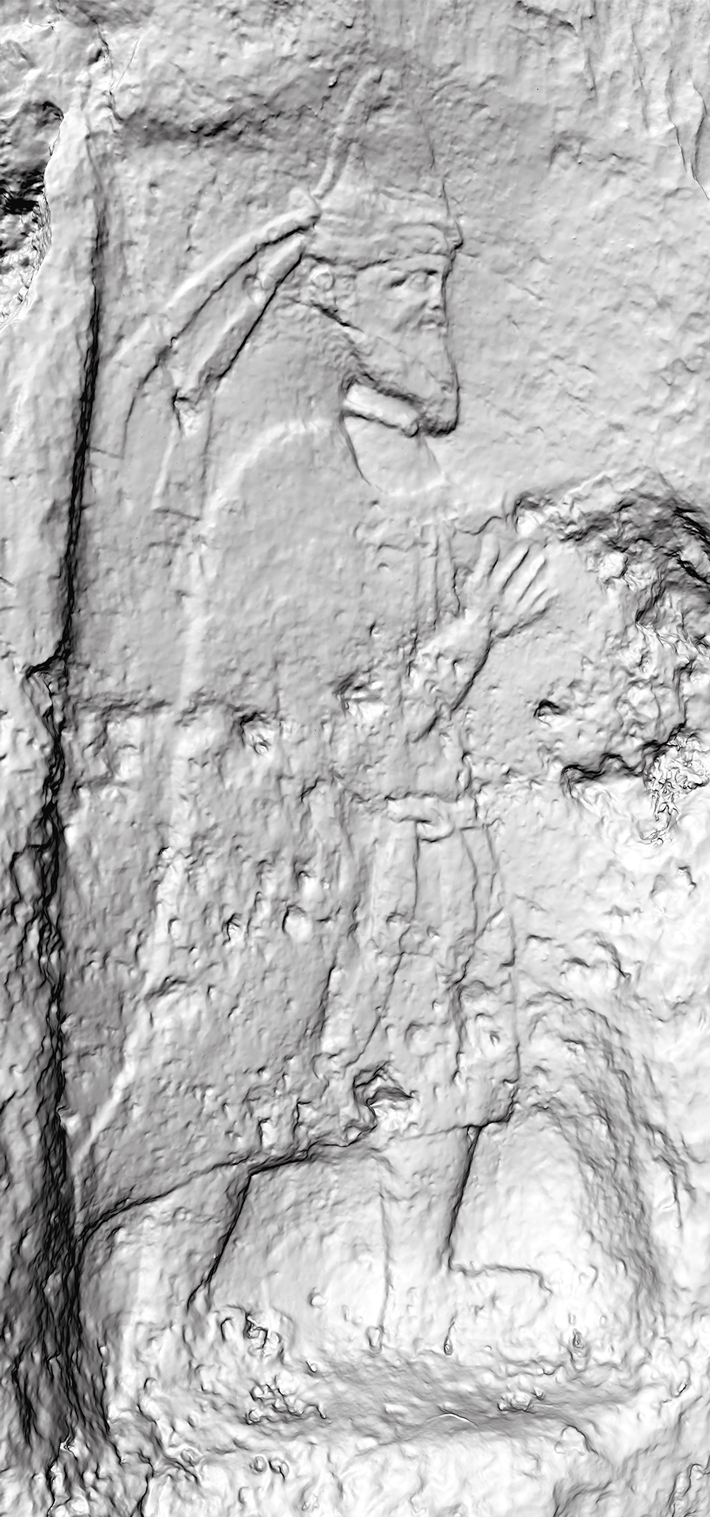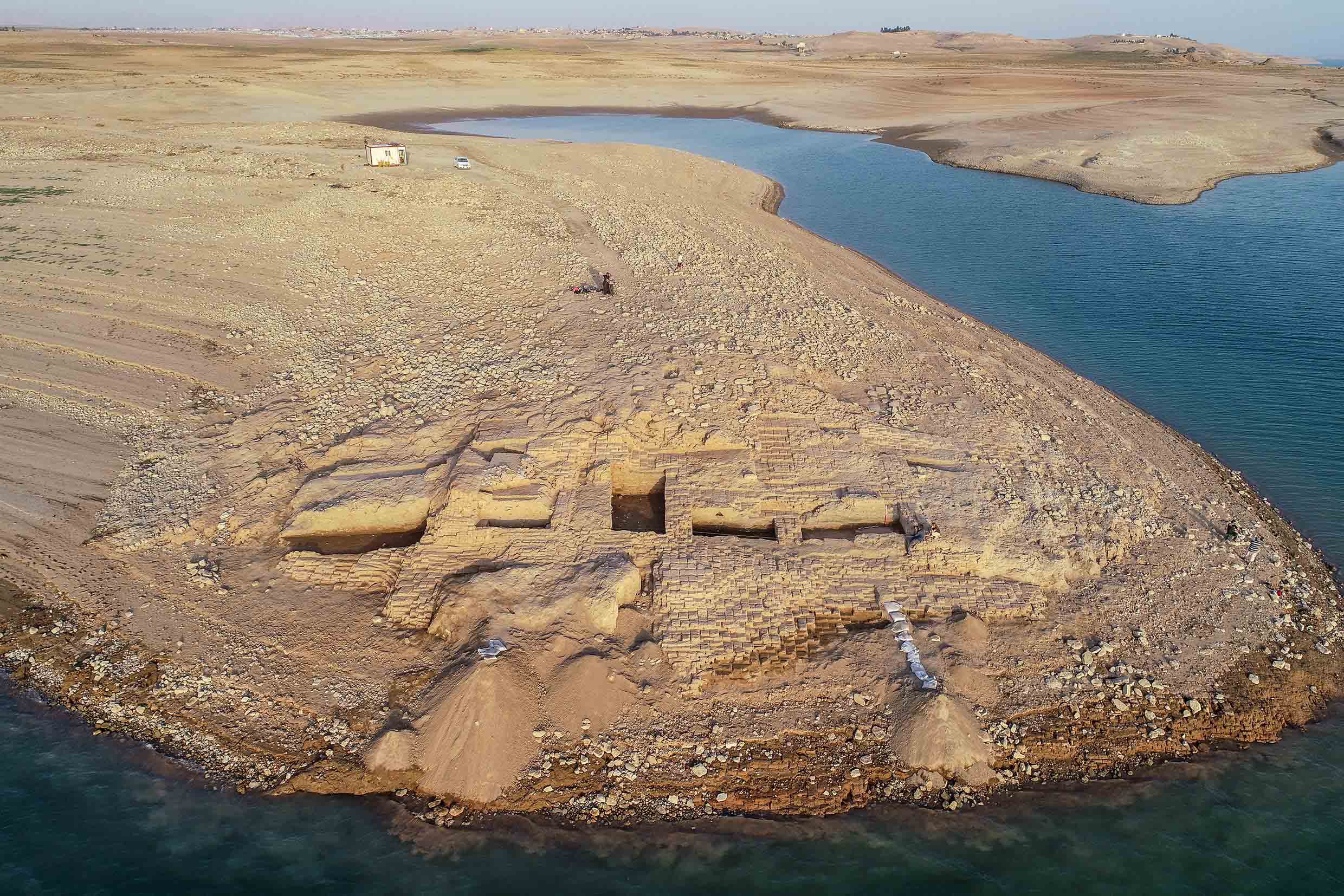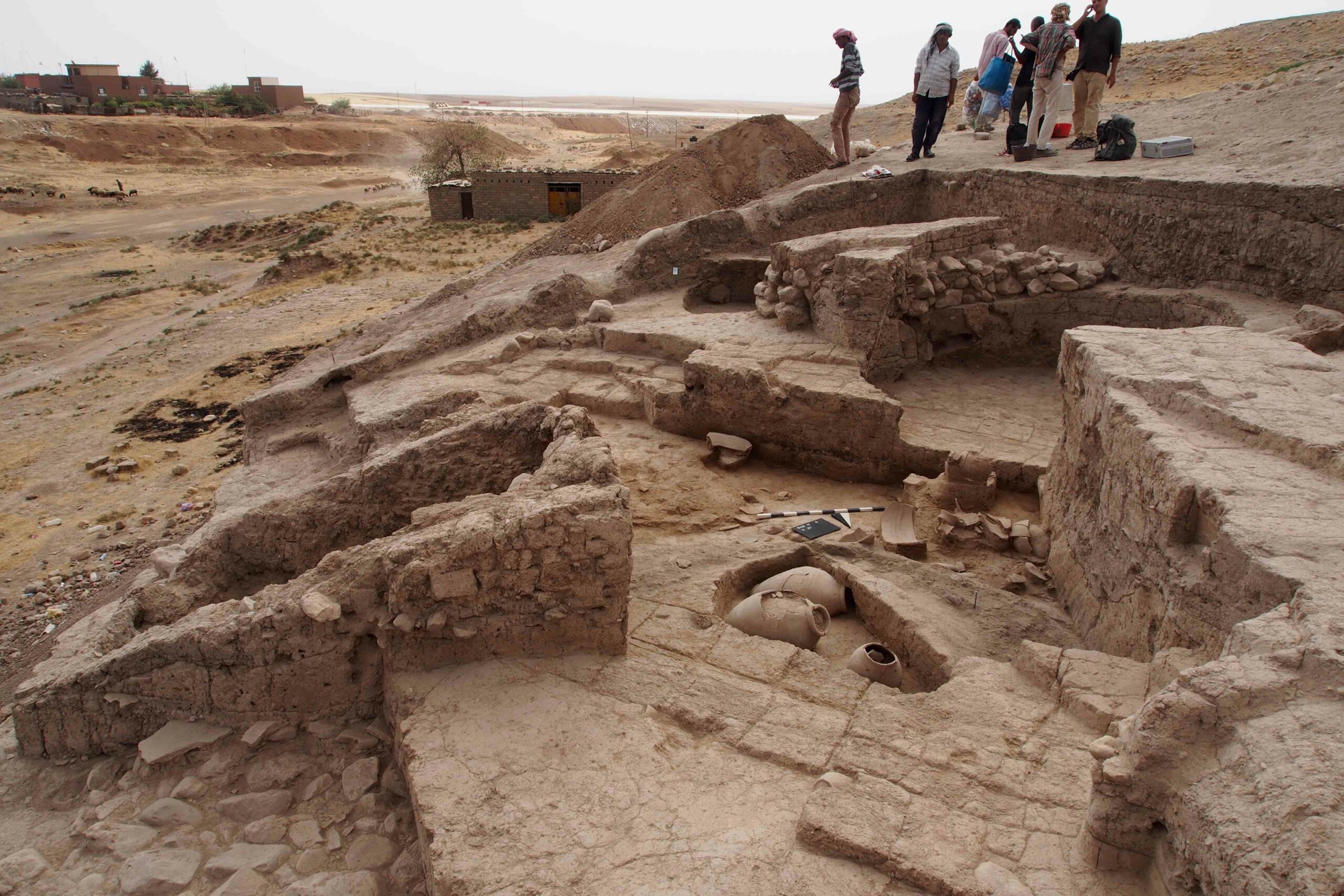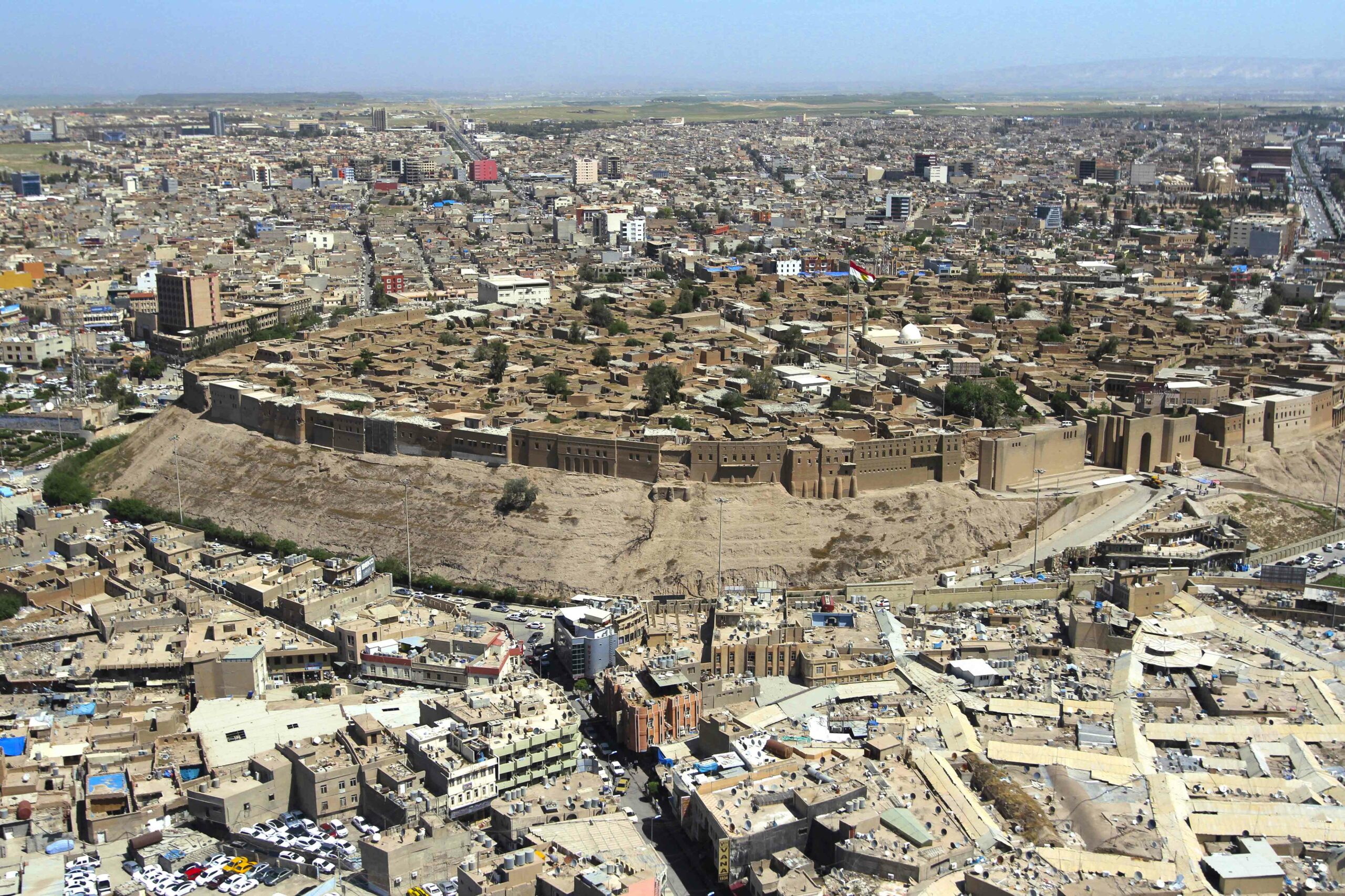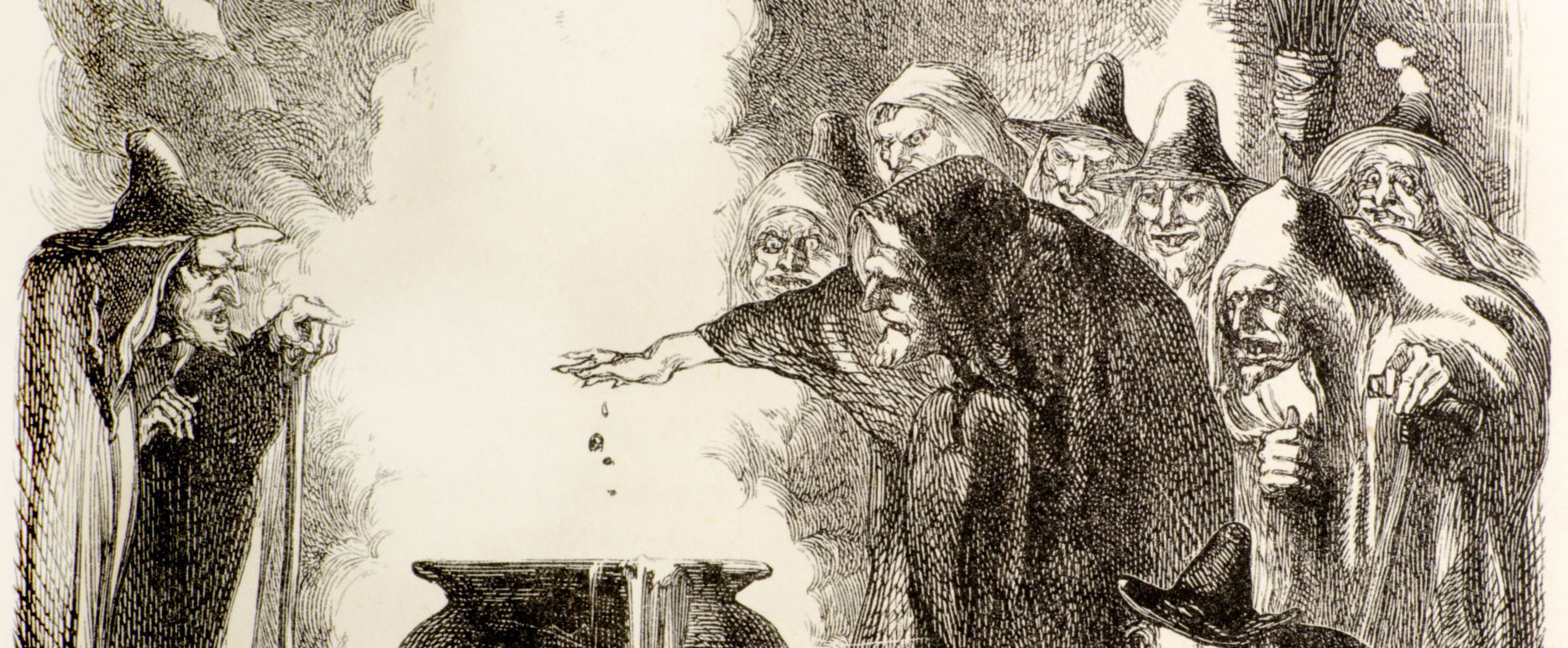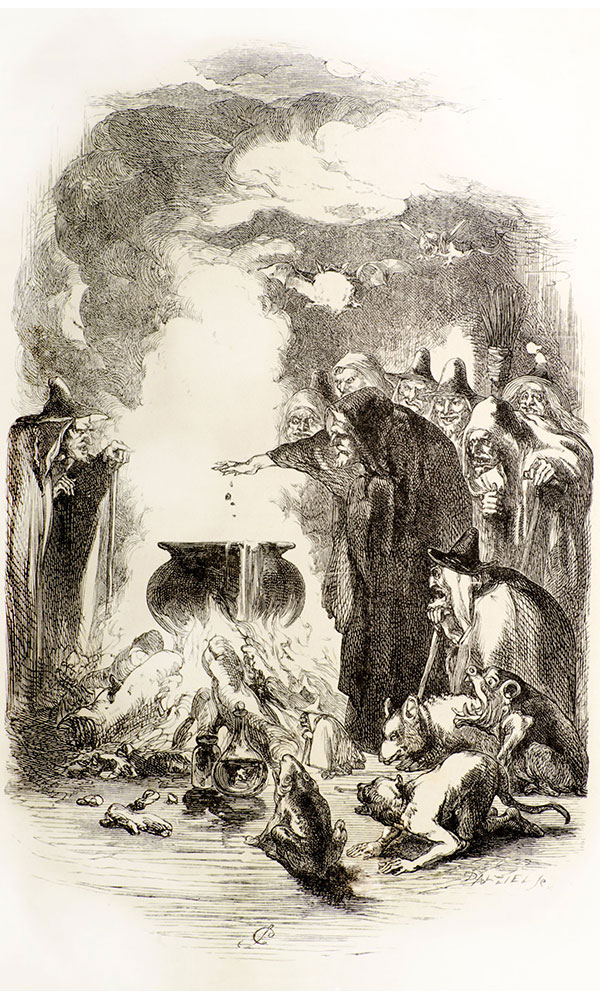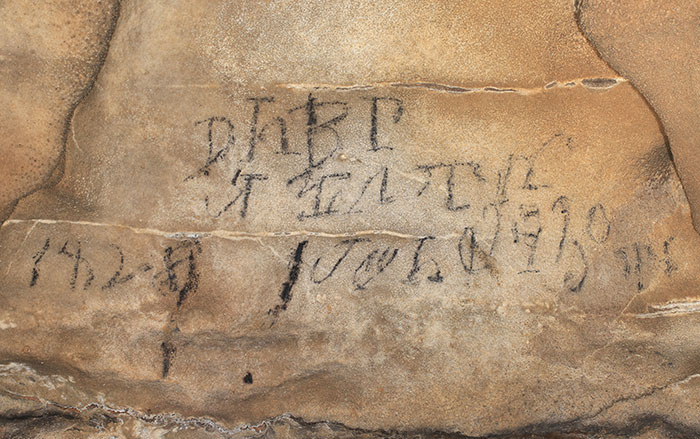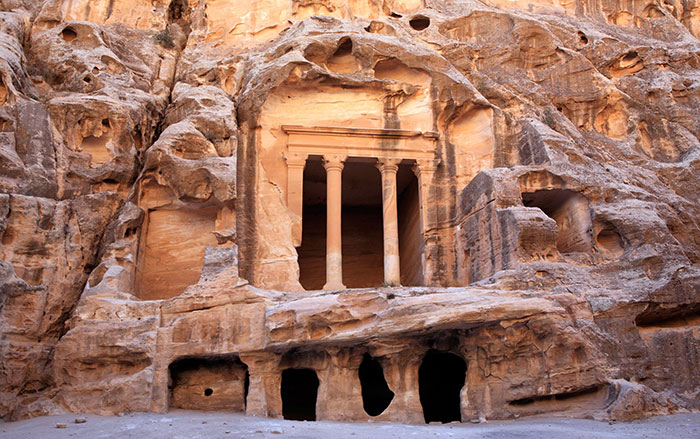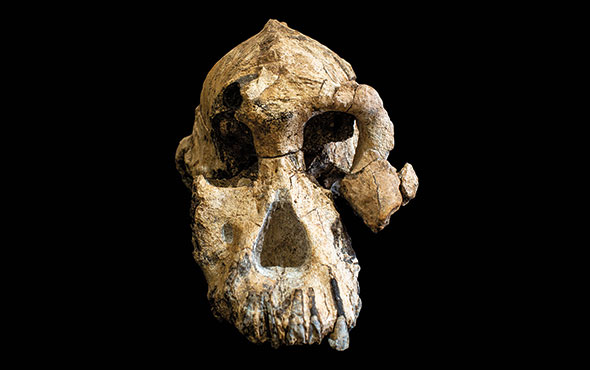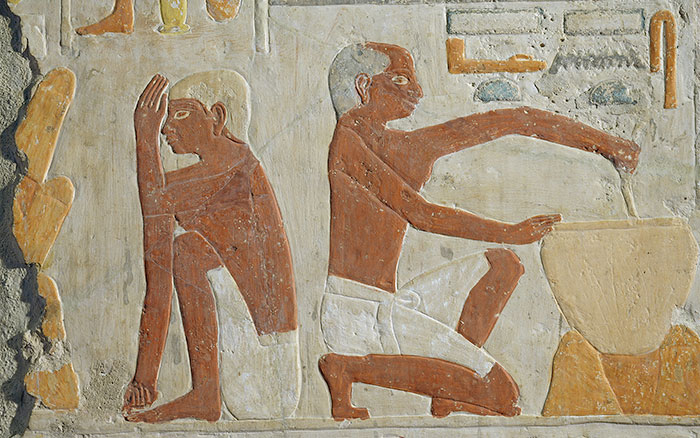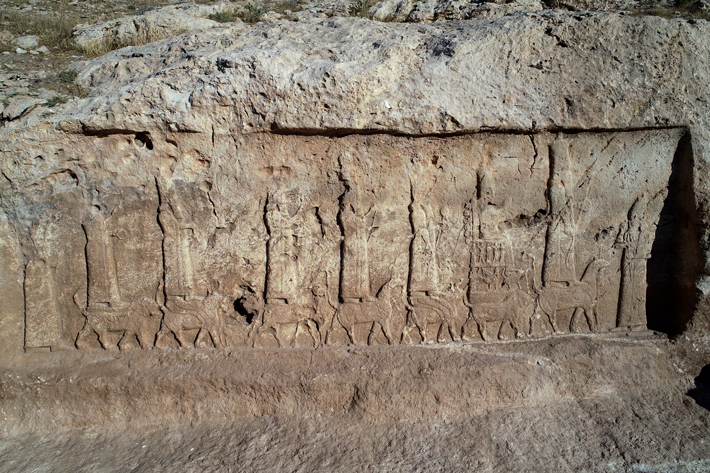
KURDISTAN, IRAQ—The Assyrian International News Agency reports that archaeologists led by Daniele Morandi Bonacossi of Italy’s University of Udine and Hasan Ahmed Qasim of the Duhok Directorate of Antiquities have uncovered ten large engraved panels placed along an ancient irrigation canal at Faida, an Assyrian archaeological site in northern Iraq. The canal is thought to have been built by the Assyrian ruler Sargon between 705 and 720 B.C. Small channels from the canal, which was fed by a system of springs, branched off to irrigate surrounding agricultural fields. Sargon is shown at either end of the row of panels in front of statues of seven divinities placed on the backs of mythical animals, including the god Assur on a dragon and a lion with horns, and his wife Mullissu sitting on a throne supported by a lion. To read about an archive of cuneiform tablets found at a Bronze Age city in Iraqi Kurdistan, go to "Assyrian Archivists."


